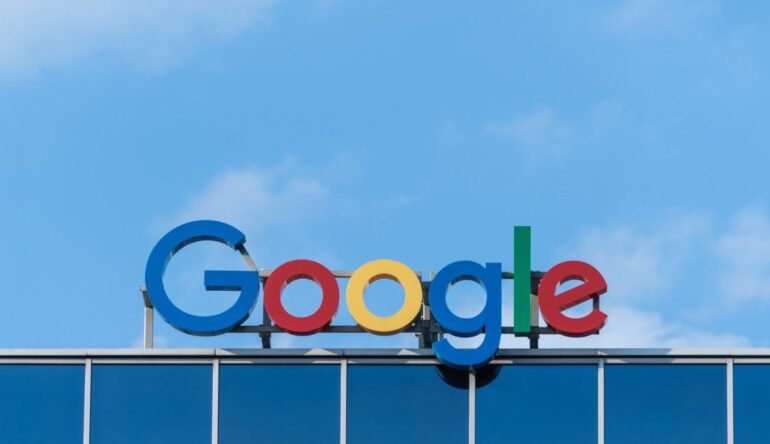TL;DR:
- Google’s experimental chatbot, Bard, aims to reach two billion users, according to Product Lead Jack Krawczyk.
- Bard, powered by advanced AI, will enhance Google Assistant with human-directed suggestions, introducing AI to a broader audience through mobile devices.
- Google’s ambitions align with Alphabet’s goal of dominating the AI market, with six products already catering to billions of users.
- Competition is intensifying, with Amazon and OpenAI making strides in generative AI.
- Despite Google Assistant’s presence on over one billion devices, Bard faces challenges, including user retention and AI “hallucinations.”
- Bard’s web traffic grew 2% in October, but it faces stiff competition from ChatGPT.
- Krawczyk prioritizes enhancing Bard’s utility over immediate monetization.
Main AI News:
In a bold move towards expanding its user base, Google is looking to its experimental chatbot, Bard. Jack Krawczyk, Product Lead at Google, believes that Bard, powered by cutting-edge artificial intelligence, could be the key to reaching an astounding two billion users. Speaking at the Reuters NEXT conference in New York, Krawczyk highlighted Bard’s potential to revolutionize the way consumers access information and engage with Google’s products.
One exciting opportunity on the horizon is the integration of Bard’s human-directed suggestions with Google Assistant, particularly through mobile devices, in the upcoming months. Krawczyk envisions this as a game-changer, introducing AI to a wider audience and enhancing the capabilities of Google Assistant. “We think that opens a completely new path,” he emphasized.
This ambitious vision aligns with Google’s overarching strategy for artificial intelligence within its parent company, Alphabet. Currently, Alphabet boasts six products, each boasting billions of users, including its iconic search engine and YouTube. However, with competitors like Amazon’s Alexa and OpenAI’s ChatGPT entering the AI arena, the race to capture the AI market is heating up.
Google Assistant, already present on over one billion devices worldwide, provides a formidable platform for Bard’s integration. However, the landscape of information gathering is evolving rapidly. While Bard experienced a respectable 2% increase in web traffic in October, reaching 8.7 million users, its main rival, ChatGPT, surged ahead at an even faster pace, according to Bank of America analysts citing Similar Web data. To make matters more interesting, Google Search saw a 0.4% dip in traffic during the same period.
Krawczyk remains focused on improving Bard’s utility rather than immediately pursuing monetization options such as a subscription model or advertisements, though these opportunities may emerge in the future. He acknowledges that Bard has encountered challenges, including instances where it generated fictitious responses when analyzing Gmail inbox content, a known issue with AI’s tendency to “hallucinate” facts.
Furthermore, Bard faced a significant hiccup when it experienced a surge in user demand, coinciding with a major outage in ChatGPT, as reported by OpenAI. Krawczyk acknowledged the incident, noting that several language-model products experienced disruptions simultaneously. He added, “We’re still learning how to most effectively accommodate large swaths of people,” emphasizing the complexity of managing such incidents in a matter of minutes. Both Google and OpenAI have since resolved their respective issues.
Krawczyk likened the surge in Bard’s usage to the challenges Google Search encountered during the frenzy surrounding pop star Michael Jackson’s death in 2009. These experiences serve as valuable lessons as Google continues to navigate the evolving landscape of AI and user engagement.
Conclusion:
Google’s Bard represents a significant move to expand AI’s reach, with the potential to reshape how users access information and interact with AI services. As competition in the AI market intensifies, Google’s dedication to enhancing user experiences and staying at the forefront of innovation will be crucial in maintaining a strong position in this evolving landscape.

